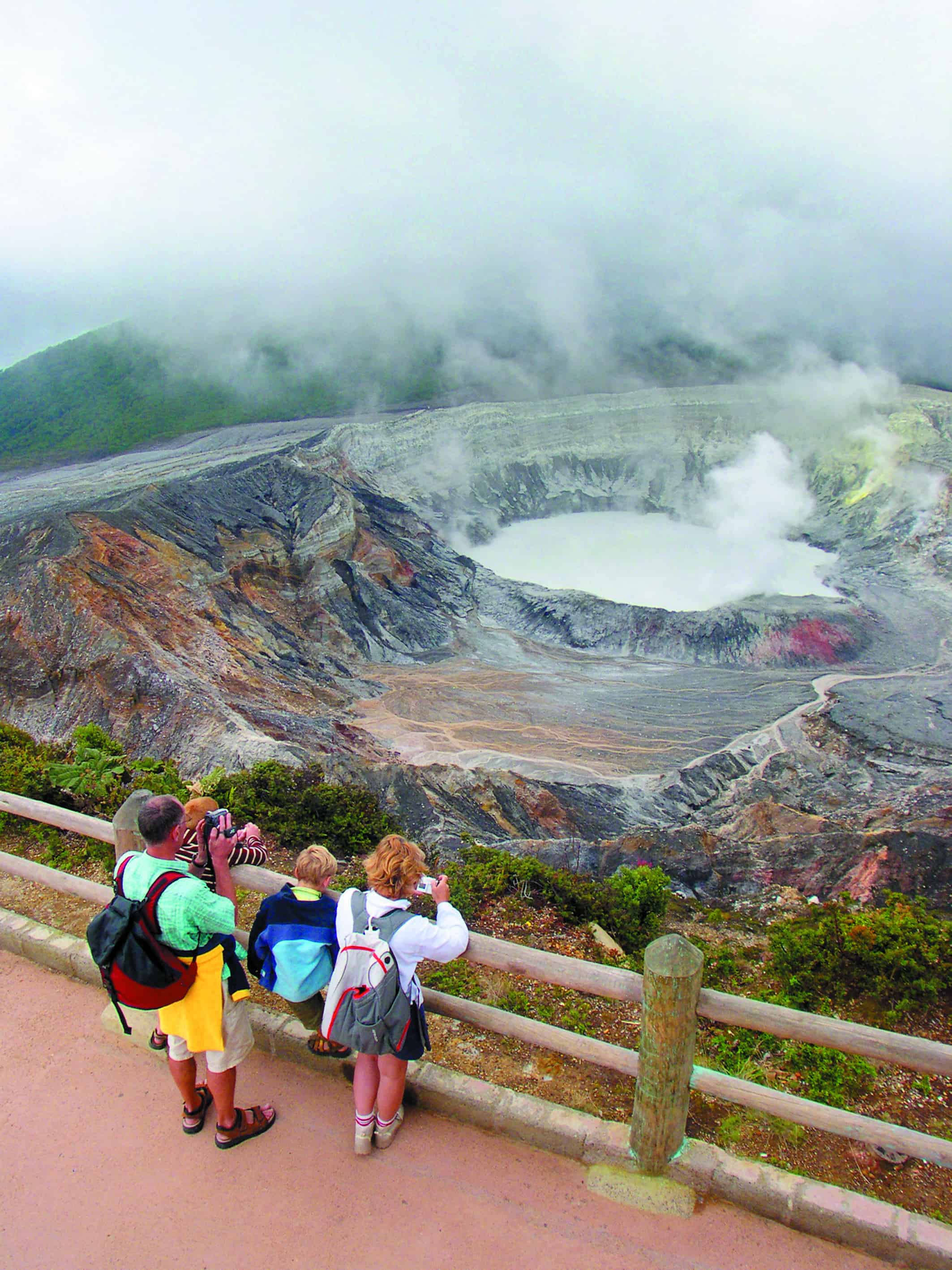A dramatic rescue operation ended in relief Thursday when authorities found a woman who had ventured into a restricted zone of Costa Rica’s treacherous Poás Volcano National Park. The Costa Rican Red Cross and SINAC worked together to locate and rescue her unharmed.”We’d like to remind you that restricted areas within protected wilderness zones lack evacuation routes.
These are irregular sites where individuals can easily get lost, requiring costly and resource-intensive rescue operations that should be reserved for real emergencies,” authorities stated. As the dry season approaches, local and international tourists frequently engage in outdoor activities, such as hiking in Costa Rica’s national parks. Authorities urge visitors to use only authorized trails and access points to ensure safety and protect fragile ecosystems.
Unauthorized entry is a persistent issue, particularly in areas with steep slopes or volcanic activity. These incursions pose severe risks, including exposure to fumaroles, phreatic eruptions of moderate intensity, gas inhalation, and other hazards. To mitigate these risks, SINAC-MINAE conducts regular control and protection operations in national parks.
In 2023, SINAC detected 558 unauthorized entries into national parks and protected wildlife areas. However, due to the challenges of monitoring, the actual number is believed to be much higher. Illegal activities, often promoted by companies on social media, contribute to the issue.
Meryll Arias, regional director of the Central Conservation Area, emphasized the importance of adhering to regulations. “The institution has repeatedly urged people not to enter restricted sites. Protected areas contain numerous hazards, such as cliffs, hypothermia risks, ash falls, acid rain, and mudflows, among others.”
To address the issue, SINAC has proposed a bill to impose fines on individuals who enter prohibited areas and require rescue operations in national parks and protected areas. The bill is currently under legislative review.
SINAC-MINAE encourages the public to report unauthorized tours through the hotline 1192 or via SITADA (www.sitada.go.cr). These activities damage ecologically and geologically fragile areas, disrupt essential ecological processes, and put human lives at risk. By following safety guidelines and respecting regulations, visitors can help protect Costa Rica’s natural heritage while ensuring their own safety.






